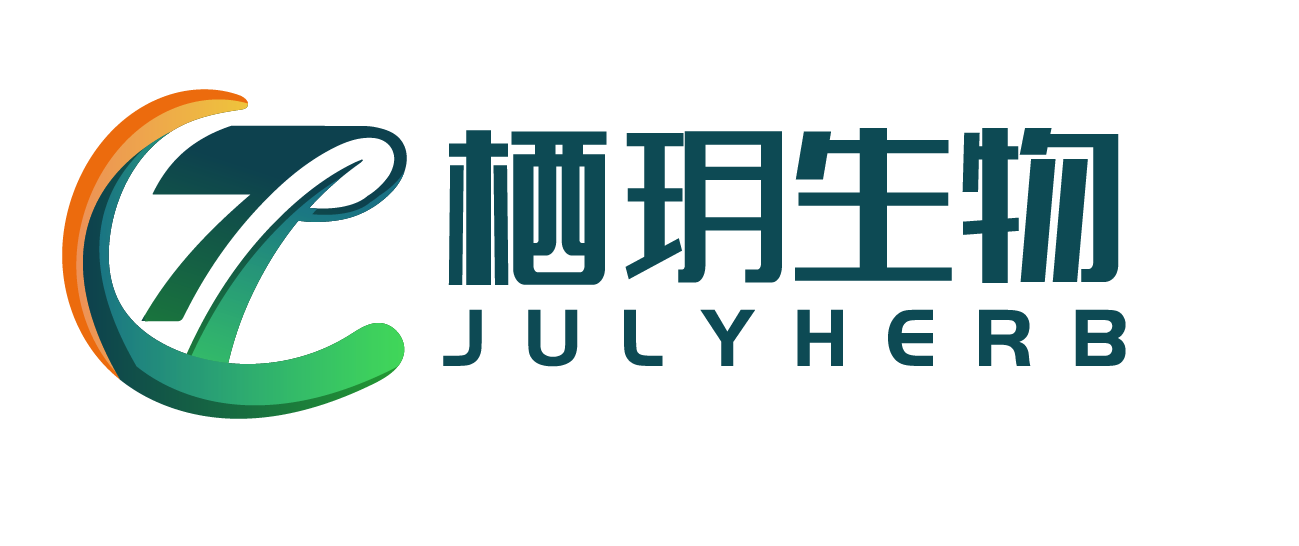What is gentian root used for?

Gentian root is an herb that has been used for medicinal purposes for centuries.
It comes from a large genus of plants that typically grows in the mountain climates of Europe, Asia, and the Americas. These plants have trumpet-like flowers that come in blue, yellow, and other colors .
People have traditionally used gentian root to fight inflammation and swelling, treat infected wounds, and serve as an antidote to animal poison.
However, there are few scientific studies on its uses.
This article provides a detailed overview of the possible uses, benefits, and side effects of gentian root.
Gentian root is an herb that has been used for medicinal purposes for centuries.
It comes from a large genus of plants that typically grows in the mountain climates of Europe, Asia, and the Americas. These plants have trumpet-like flowers that come in blue, yellow, and other colors .
People have traditionally used gentian root to fight inflammation and swelling, treat infected wounds, and serve as an antidote to animal poison. However, there are few scientific studies on its uses .

Health benefits of gentian root
Gentian is an old remedy that might have some health benefits. There aren’t a lot of studies, though, so more research is needed.
- Eases digestion and improves appetite
Gentian root is an old digestive remedy. The root is rich in glycoside compounds called secoiridoidal glycosides, which give it a strong bitter taste. The first bite usually tastes sweet and then gets gradually more bitter.
Bitters are thought to help digestion by stimulating your saliva glands and your stomach to release saliva and gastric juices that aid digestion and boost your appetite. The gentian root might have similar effects because of these bitter compounds.
Studies also show it has a protective effect on the gut. Experts gave gentian root extract to mice with intestinal ulcers and found it lowered gastric juices and total acid output. The result was protection against ulcers and injury to the gut lining.
- Might help sinus infections
Sinusitis is when your sinuses get inflamed and irritated, usually caused by bacteria or viral infections, or allergies. It causes symptoms like headache, sneezing, blocked sinuses, fever, and loss of smell.
Researchers found that a popular German supplement called Sinupret helped treat bacterial sinusitis. They infected mice with bacteria and then randomly gave them antibiotics, steroids, sugar pills, or Sinupret. The Sinupret group had lower bacteria growth after four days and significantly lower growth after eight days.
The herbal supplement combines gentian root and other herbs, including elder flowers, European vervain, common sorrel, and primrose. With so many ingredients, it’s hard to say that gentian works this way.
In another study, researchers took the same product and compared it to a steroid called prednisolone. Sinupret did not affect loss of smell, though they write it does lower inflammation. More studies are necessary.
- Might regulate blood sugar
Korean gentian, species name Gentiana scabra, might help lower blood sugar levels. Experts did oral glucose tolerance tests on mice and then gave them gentian root extract. They followed up with another oral glucose test and also did blood tests and found that gentian root lowered blood glucose.
They suggest the actions come from the bitter glycosides, which cause the body to release glucagon-like peptide 1. GLP-1 is a hormone that helps absorb nutrients and link absorption to insulin hormone, which helps get glucose into your cells. The result is lower blood sugar and a possible anti-diabetes effect.
- Might lower inflammation
One of the traditional uses for gentian root is as a topical plaster or ointment for injuries, wounds, and swelling. So researchers looked at a topical herbal cream that contains gentian root, licorice root, and willow bark extract and compared it to a topical steroid cream.
Patients with redness, swelling, and sores from UV light applied either the gentian root cream or the steroid twice daily for two weeks. The herbal cream group had significantly lowered inflammation, and the cream worked as well as the steroid cream.
The study also compared the two creams on patients with eczema. The herbal cream group had significantly less severe sores and a quick improvement after 1 and 2 weeks. There were no serious side effects.
While the cream seems to work, it’s hard to pinpoint it to gentian root, given all the ingredients.
Dosage and forms
Gentian root is likely safe for most healthy people when consumed in small amounts.
For example, people may consume it in combination with other herbs in Sinupret or as part of a liqueur or drink with bitters.
However, there’s not enough information about the effects of medicinal amounts of gentian root in humans to support a standardized dosage.
The recommended amounts listed on gentian root supplements vary. They include 0.5–1.5 mL for liquid extracts, 500–900 mg for pills, and 1–2 teaspoons for tea.
It’s also important to note that the Food and Drug Administration (FDA) does not regulate supplements as tightly as medications. Therefore, the contents and claims listed on supplement labels may not be accurate.
Overall, scientific evidence supporting the therapeutic use and safety of gentian root is scarce.
While gentian root may be acceptable in small amounts in a multi-ingredient product or drink, taking supplements may not be worthwhile. Some supplements can also be expensive.
Speak with your healthcare provider before trying gentian root supplements. If you experience any side effects, stop using them.
